Liste des candidats
Proposé par : La République d’Iraq
Proposé par : Royaume d’Arabie saoudite
Proposé par : Royaume du Maroc
Proposé par : La République islamique du Pakistan
Proposé par : La République islamique d’Iran
Proposé par : La République du Soudan


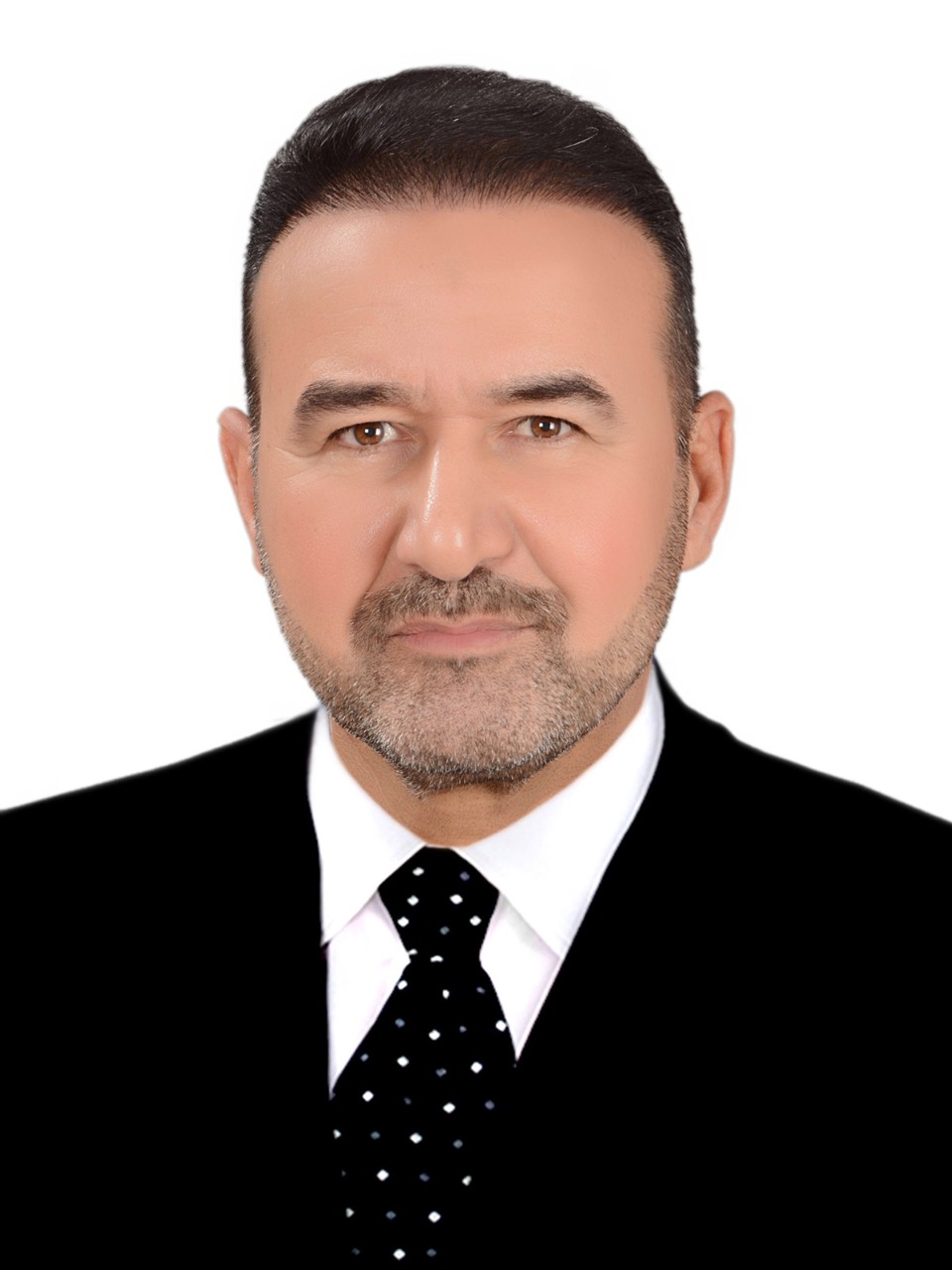 Dr Najm Abbas Jaber Al-Awwadi
Dr Najm Abbas Jaber Al-Awwadi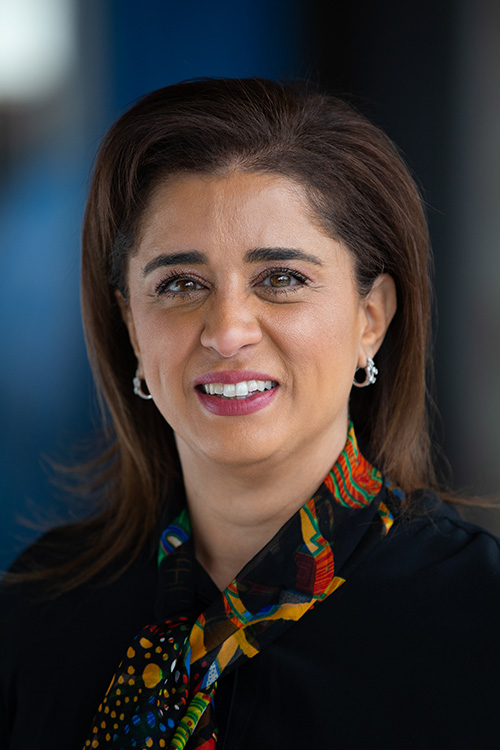 Dr Hanan H. Balkhy
Dr Hanan H. Balkhy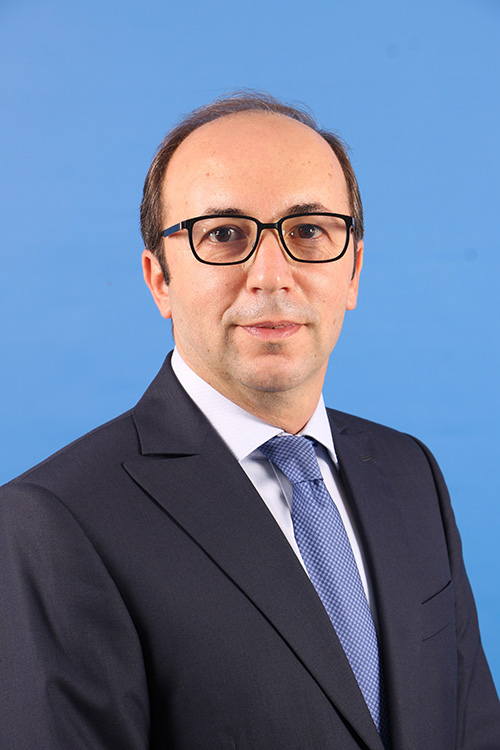 Dr Anass Doukkali
Dr Anass Doukkali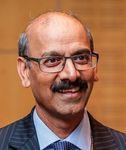 Dr Abdul Ghaffar
Dr Abdul Ghaffar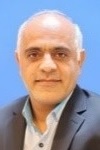 Dr Ali Akbari Sari
Dr Ali Akbari Sari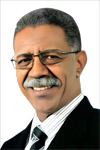 Dr Ahmed Farah Shadoul
Dr Ahmed Farah Shadoul